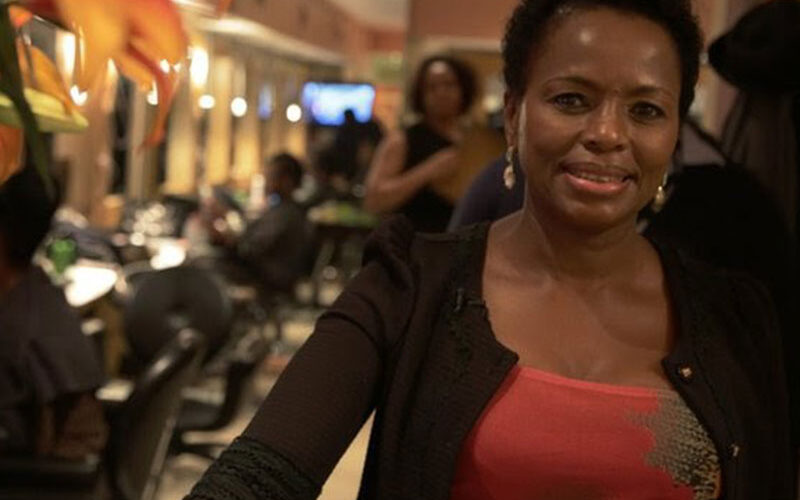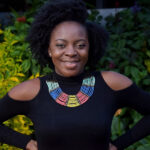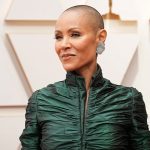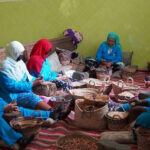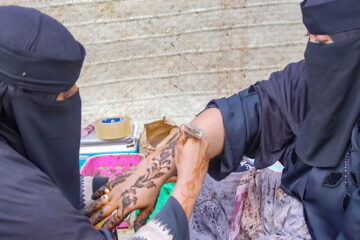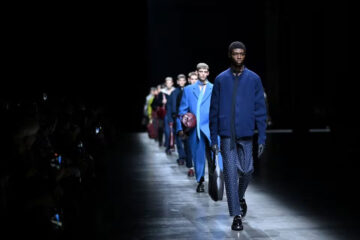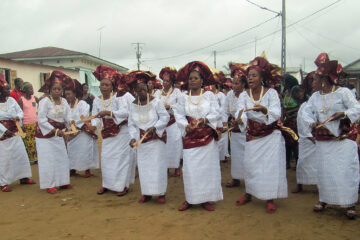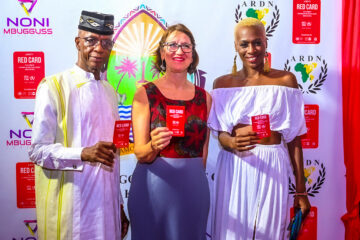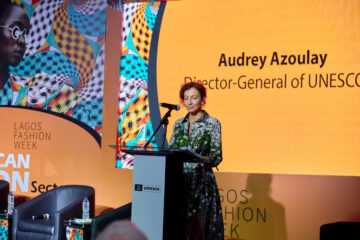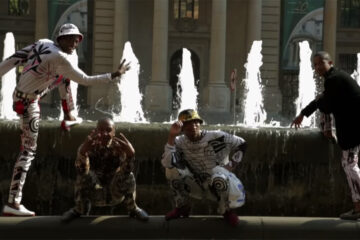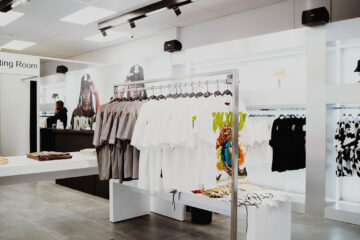MPHO RANTAO
IF there is a competitive industry that thrives, it is the hair and beauty industry, and in South Africa that competition can be brutal.
The journey of growing, styling and maintaining one’s natural hair is one of trial-and-error, pain, understanding and love, especially for black women. Their hair varies in textures that rely on vitamins, natural oils and hair routines that aim to retain moisture, grow hair and keep it healthy.
Despite being a country with a majority black population, South Africa’s list of high-end hair salons owned by black people are less than five percent, as black people are more likely to visit hair salons in their neighbourhoods that provides a service that doesn’t cost more than their monthly grants or what they’ve budgeted.
For South African businesswoman Mankwane Chakela and her high-end salon, Lé Looks, her aim was to elevate styling women’s hair to the high-end standard — blazing a trail from 2003 for the growing presence of top black-owned salons in the high-end market of hair and beauty.
“We are a high-end salon that aims to make women feel as beautiful as they look, in a market that was not always accommodating to high-end black salons. That is what makes us so popular and why we’ve been included as one of the top ranked, high-end beauty salons in Johannesburg for more than a decade,” Chakela said.
Seventeen years and five additional stores later, Chakela is hitting the right notes to remain a popular salon for women across Johannesburg, and she continues to keep Lé Looks and black hair a priority, even with the changing complexities in how black hair is treated.
“We’re a salon that is always prepared for the shifts in trends when it comes to styling black hair. We’ve always paid attention to what is happening in society for black women, and keep up by changing is what is necessary in our salons to ensure that women can receive the service that they’re looking for,” Chakela explained.
“We’ve adapted to the changing times in our society. We started incorporating the sale and installation of lace wigs, giving our customers the option to order and pick-up, or to get it installed in the salon after treating their hair. We’ve adapted to providing the customers with hairstyles that they can control once they leave the salon. It’s no longer just what has been on offer for women seventeen years ago when I started, it’s so much more”, she added.
Black women have not always had the luxury of styling their hair in the way in which they had desired, there always had to be terms and conditions in how their hair was made up, which often led to a strenuous relationship with one’s hair.
It has become a common theme to seea large number of white high-end beauty salons being open in shopping malls rather than both white and black-owned, and if they were black owned high-end salons, their presence were in some cases much shorter than the presence of their white counterparts .
“I created Lé Looks with the intention of giving black women a high-end service as a beauty salon. I wanted to give them the opportunity to feel as equally beautiful as their white counterparts in the suburbs or the workplace, if it is what they desired”, said Chakela.
As Lé Looks started growing and other black upmarket salons started popping across Johannesburg and the rest of South Africa, Black women and the hair industry saw the growth in educational resources on the internet on how to treat Black hair, helping Black women to find love and strength in their kinky mane.
There was a growth in trusting hair products that reinforced those positive feelings – products that aimed to help control one’s hair so that they could style in any way that they desired without worrying about the side effects.
Products like KeraCare, non-sulfate shampoos and natural oils were all introduced and re-introduced in Black communities with the added message that Black women didn’t need to add so many chemicals to their hair follicles in order to achieve a beauty look that is acceptable to the gaze of society.
“We have started using and distributing products like KeraCare in our salons – giving women the option to texturise their hair rather than to just relax their hair or go for treatment”, explained Chakela.
“Texturised hair works by adding a keratin-filled gentle conditioner and heating agents that allows for the customer to style their hair with as much ease as possible after treating it. It’s a nice improvement from just straight relaxing one’s hair with chemical agents and harsh heating that damages hair for some women. I love this new agent, it gives women more freedom and keeps their hair nourished even weeks after it has been added”, Chakela added.
While KeraCare was first introduced in the early 2000s, its emergence in the early 2010s reflected that black women were more open to exploring hair products that suited them and not what society had deemed acceptable.
“I believe that while selling and influencing women on how to take care of their hair and skin, it is also important to educate women on the importance of hair care and versatile ways in which you can look after your hair. It’s not just three or four ways, now there’s so much more and with education, a lot more salons – even white owned – are starting to accommodate black women with treatments like KeraCare and styling wigs”, Chakela said.
“That’s the great thing about including education in hair care. It has shifted the view and mindset on black hair and its maintenance”, she added.
“When I was younger during apartheid, we always had to shave our hair, relax it or braid it. Now women can actually choose between wigs, braids, relaxer and texture care”.
Chakela also emphasised that by pushing for the education of Black hair and the support of black beauty entrepreneurs, she predicted a larger increase in high-end beauty spaces for Black people.
“Through support and educating black people on how to run businesses and the different ways to treat hair, we are starting to see so many more salons in upmarket, white suburbs that are providing hair services at a quality that our customers desire. That is what it is all about – good quality hair services that will bring you customer loyalty”, told Chakela.

